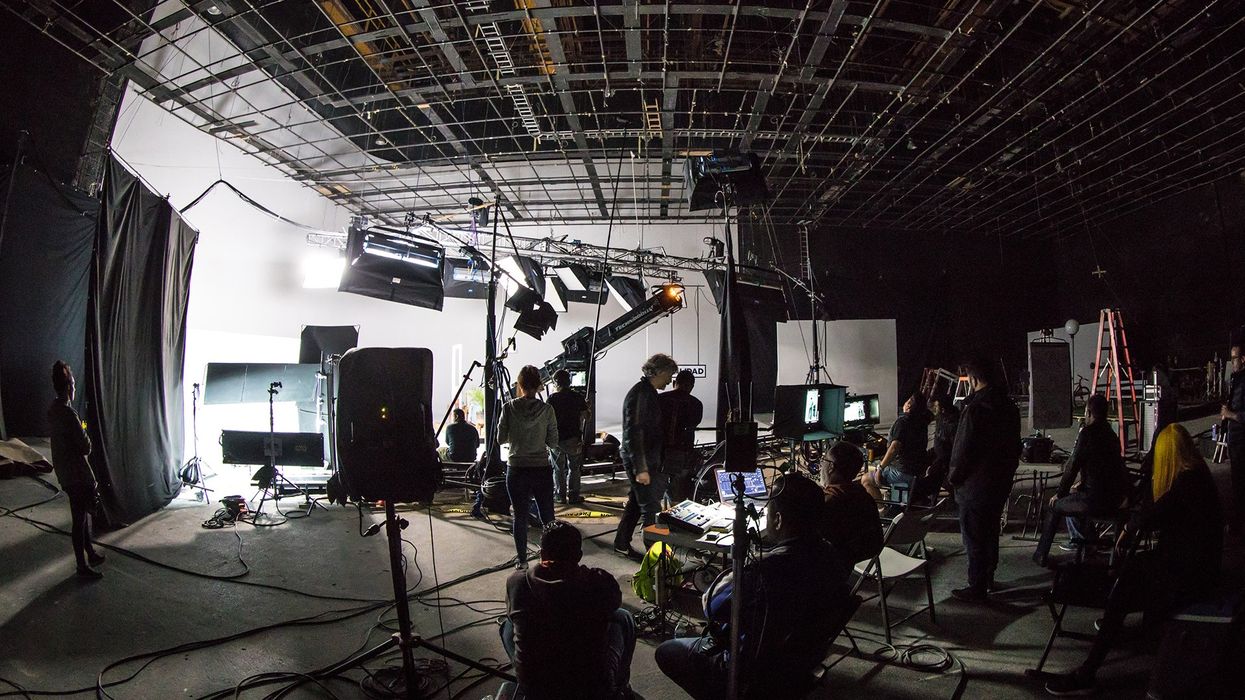The DGA Has A Deal–What Does It Mean For Filmmakers?
Did the directors get enough of what they wanted?

Hollywood is in the middle of a historic labor movement. We have the WGA striking for a month, SAG-AFTRA voting to authorize a strike, and several other unions around town negotiating. In the middle of all this, the DGA was able to strike a deal with the AMPTP.
So what did they get, and why does it matter for filmmakers?
First, let's chat about who's in the DGA. I have to admit, I thought it was mostly commercial, feature, and TV directors. But in actuality, the guild is comprised of directors and members of the directing team. That means Unit Production Managers (UPMs) and Assistant Directors (ADs) as well as directors in film, TV, theater, reality, and commercials.
So a lot of what the guild was fighting for surpassed just who we think of in terms of famous movie directors, although they are often the face of the DGA.
Jon Avnet, chair of the DGA’s negotiations committee released a statement after the DGA and AMPTP came to their agreement. He said, “We have concluded a truly historic deal. It provides significant improvements for every director, assistant director, unit production manager, associate director, and stage manager in our guild. In these negotiations, we made advances on wages, streaming residuals, safety, creative rights, and diversity, as well as securing essential protections for our members on new key issues like artificial intelligence—ensuring DGA members will not be replaced by technological advances.”

What Did the DGA Actually Get
The proposed agreement has gradually increased wages over a three-year period, with a 5 percent raise in the first year, 4 percent in the second year, and 3.5 percent in the third year.
In addition, the DGA negotiated for residuals that take into account international viewership, aiming for greater transparency from studios and streaming platforms. These changes would result in a 76 percent increase in foreign residuals for major platforms. For a one-hour episode, the residuals would amount to approximately $90,000 during the initial three years.
The agreement also secures residuals for emerging free streaming platforms such as Freevee, Tubi, and Roku.
Furthermore, the terms of the agreement include several improvements, such as reduced working hours for assistant directors, enhanced safety measures like a ban on live ammunition on sets, compensation for the preparation time of feature directors before filming begins, and the introduction of a new parental leave benefit.
It is specifically stated in the contract that artificial intelligence (AI) cannot replace the responsibilities carried out by members.
The DGA board will hold a vote on Tuesday, May 6th to determine whether to approve the deal, and it will subsequently need to be ratified by the members.
Some critics of the deal have said the DGA settled way too fast. They wouldn't have to strike until June 30th, so it feels like they should have held out for more. Especially when inflation across America has been 7 percent, and they are getting much smaller wage increases.
Also, the language they settled for in AI seems dated, they got, “AI is not a person and that generative AI cannot replace the duties performed by members.” But this makes no prohibition on AI training, which both the WGA and SAG have asked for.
What do you think of the deal? If you're in the DGA, are you going to vote for it?
Let us know in the comments.
Source: Variety











